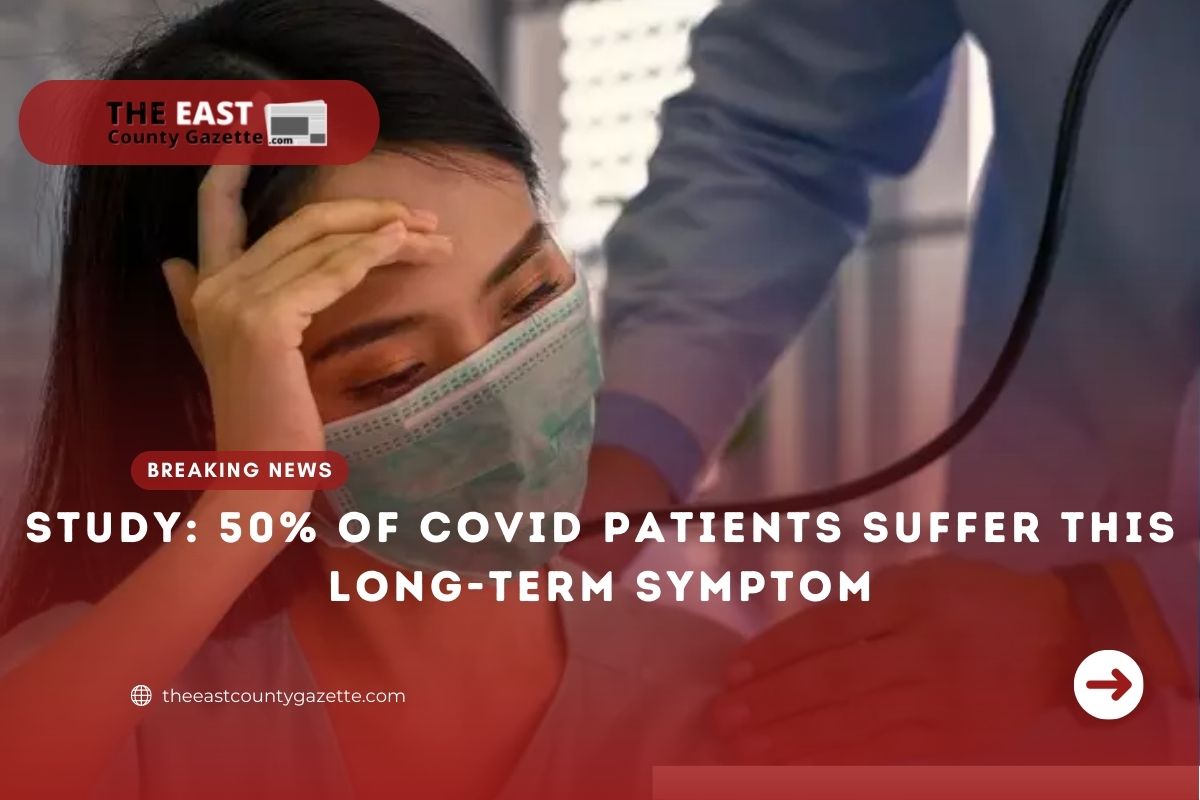While the COVID-19 pandemic has been going on for nearly two years, we are still discovering how the virus affects our bodies.
Having a clear understanding of the wide range of symptoms that the virus can cause and how some of them remain long after recovery has proven particularly difficult.
In a new study, reported on MSN, researchers found that about half of people who caught COVID have a long-term effect from one symptom.
The following illnesses may linger for a while even after you’ve recovered from them.
Changes in the Sense of Smell are Common Long-term Symptoms of COVID
Anosmia, or the inability to smell, is one of the most bizarre symptoms of COVID-19 infection, according to researchers in Sweden.
The study was a preprint that hasn’t been peer-reviewed. It analyzed 100 patients infected during the spring of 2020 in Sweden with COVID.
The study found that only 4% of the sampled subjects ever lost their sense of smell entirely; however, 33% of them reported that their sense of smell had decreased.
In addition, 49 percent of patients reported parosmia, a condition where the smell is distorted, according to the Guardian.
In a control group of participants who did not test positive for COVID antibodies, the researchers found that one in five had impaired smell, indicating the prevalence of smell disorders.
In the end, the researchers concluded that 65 percent of patients who finally recovered from COVID-19 did so while experiencing a complete loss of smell or a significant change in the ability to smell 18 months after having contracted the virus. People who have never experienced COVID suffer only a 20 percent deficit in smell compared to those who have.
Long-term changes may be permanent
Taking into account that the participants in the study were healthcare workers who were more likely to be tested early in the pandemic, the study’s authors note. Thus, everyone has been exposed to COVID-19 prior to the variations that evolved and changed some aspects of how it behaves in the future. Moreover, none of the group members had received the vaccination.
The researchers concluded, however, that “given the amount of time since [the] initial insult to the olfactory system, it is likely that these olfactory problems are permanent.”
Read More: Biden Administration to Remove Covid-19 Vaccinations and Testing Policy for Businesses
A loss or change in your ability to smell could have effects on your health.
During the early phases of the pandemic, studies established that partial or complete loss of smell was fairly common, yet some research indicates that it may not be similar in the latest strain. A study from the United Kingdom’s Health Security Agency found anosmia and parosmia to be less common among people infected with the current dominant Omicron variant over the previous Delta variant. According to the Swedish study, there is a lack of reliable data regarding Omicron’s ability to affect people’s sense of smell; the study argues that an infected person could still develop the symptom during the current outbreak, as reported by The Guardian.
Consequently, long-term anosmia or parosmia can have a significant impact on a person’s overall health. This is according to Johan Lundströmm, PhD, the study’s lead author from Sweden.
“When you cannot smell, all you can sense is the five basic taste qualities, tactile sensations, and spices,” he stated.
“Unconsciously, people start to add more sugar and fat, or have an increased urge for fried food for the texture, all to get some enjoyment out of eating.”
People who have lost their sense of smell may be able to regain it through training
“Many of these individuals can get help by doing olfactory training,” Lundström said to The Guardian.
“They might not regain 100 percent of past performance, but most of them will, with training, get back to a point where their reduced sense of smell will not affect their lives.”

